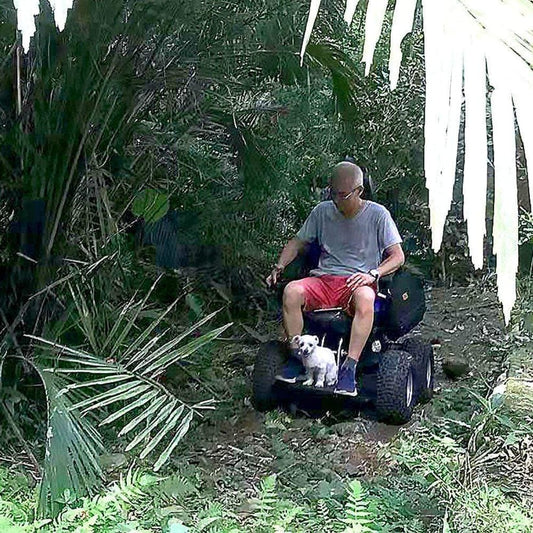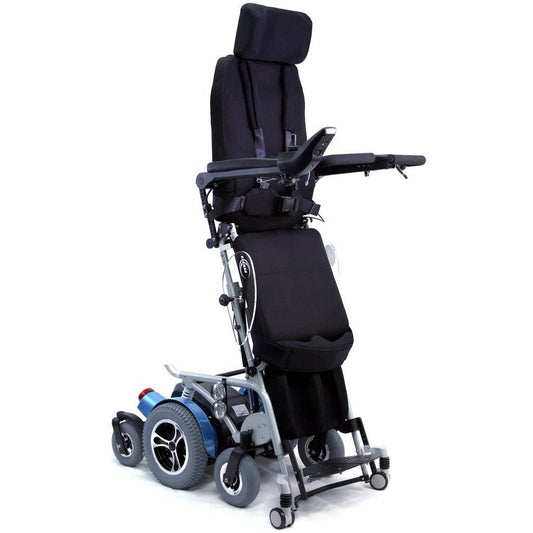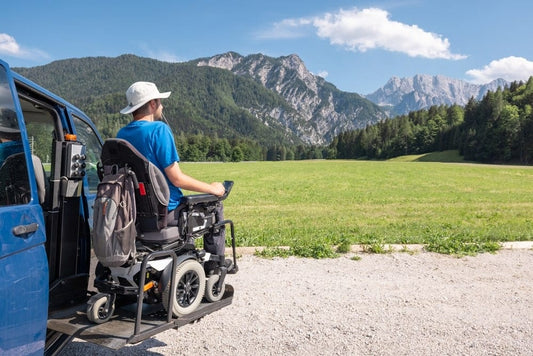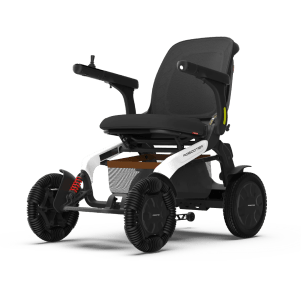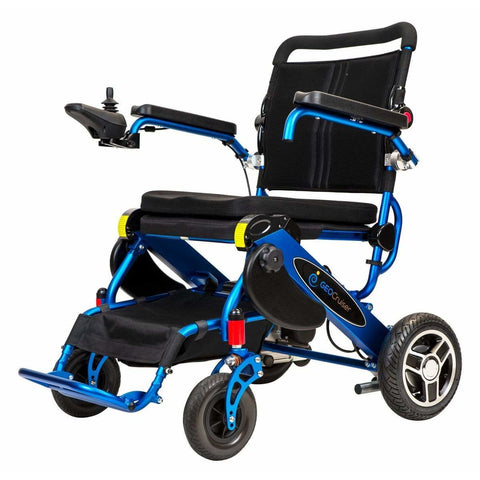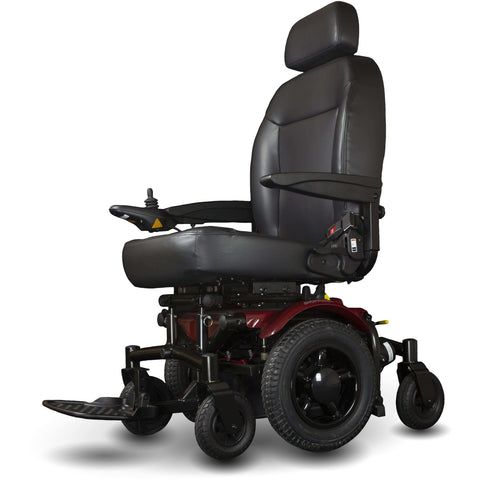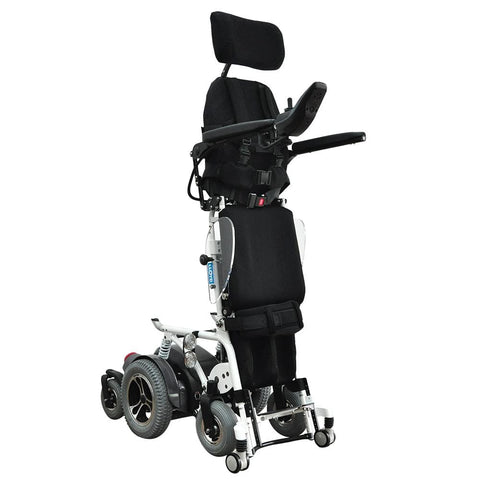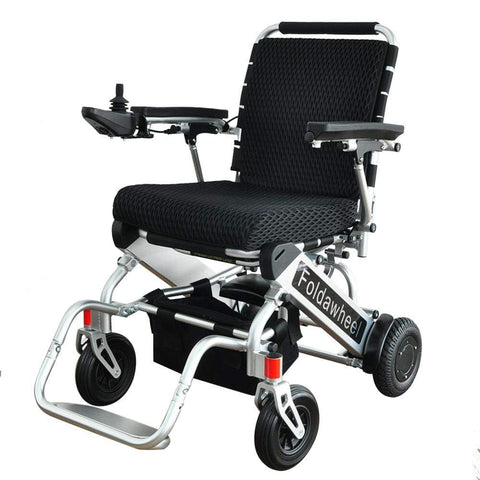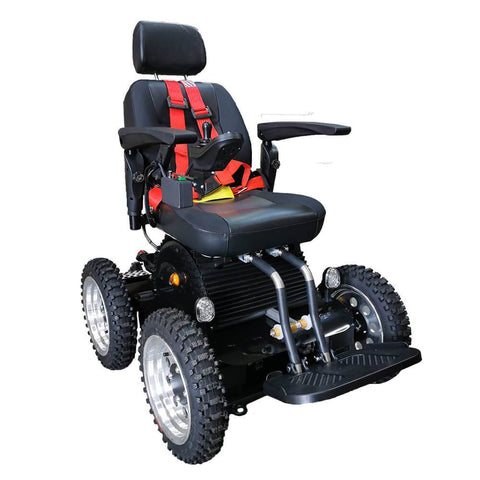The Significance of Donating Wheelchairs
When considering charitable donations, it’s important to recognize the impact that wheelchair donations can have on the lives of individuals with mobility limitations. By providing wheelchairs to those in need, we are not just offering a means of transportation, but we are also granting them independence, freedom, and the opportunity to participate more fully in their communities. Wheelchair donations can truly make a difference in the lives of people who rely on them for daily mobility. Let’s continue to support and advocate for wheelchair donations to create a more inclusive and accessible world for all.
Wheelchair donations play a crucial role in improving the quality of life for individuals facing mobility challenges. By providing wheelchairs to those in need, donors enable recipients to regain independence and mobility. This contribution not only enhances their physical well-being but also boosts their overall mental and emotional health. Additionally, wheelchair donations promote inclusivity and equal access to opportunities for individuals with mobility limitations. They signify compassion and support for those in need, fostering a more inclusive and supportive community for all.

Accessibility and mobility for individuals
Wheelchair donations play a crucial role in improving the accessibility and mobility of individuals facing mobility challenges. These donations provide individuals with the independence to move around freely and engage in daily activities. By enhancing their quality of life, wheelchair donations contribute to creating a more inclusive environment where everyone can participate fully.
Impact on quality of life
Wheelchair donations play a significant role in improving the quality of life for individuals facing mobility challenges. Having access to a wheelchair can enhance independence and enable individuals to participate more actively in daily activities. It also promotes social inclusion by allowing them to engage more freely with their community. Improved mobility can lead to better overall physical and mental well-being, fostering a sense of dignity and empowerment.
Types of wheelchairs donated
Most commonly donated wheelchairs include manual wheelchairs, electric wheelchairs, and transport wheelchairs. Each type serves different needs based on the individual’s mobility requirements.
Distribution channels for donations
Donations for wheelchairs most commonly flow through organizations like non-profits, charities, and government programs. These channels help ensure that wheelchairs reach those in need efficiently. We’ve partnered with The Free Wheelchair Mission to facilitate donations to individuals who need a wheelchair, but cannot afford one. Additionally, some donations may come from individuals or businesses directly to recipients. Remember that the distribution method can affect how quickly someone receives a wheelchair after donation.
Contributions to independence and dignity
Wheelchair donations play a significant role in enhancing independence and dignity for individuals dealing with mobility challenges. They offer vital assistance to those in need, enabling them to move around freely and retain their autonomy. Receiving a wheelchair empowers individuals to navigate their environment with confidence, fostering increased participation in their communities. This improved mobility not only enhances their quality of life but also cultivates a sense of dignity and self-reliance. Moreover, wheelchair donations promote inclusivity and equality by guaranteeing that essential mobility aids are accessible to all.
Challenges in accessing wheelchairs
Many individuals with mobility challenges struggle to access wheelchairs due to various reasons. Some face financial constraints, while others live in areas with limited healthcare resources. In certain cases, even if wheelchairs are available, the options might not cater to the specific needs of the individuals. Therefore, addressing the challenges in accessing wheelchairs is crucial to improving the quality of life for those who rely on them for mobility.
Role of organizations in facilitating donations
Organizations play a crucial role in facilitating wheelchair donations to individuals with mobility challenges. By partnering with hospitals, rehabilitation centers, and community outreach programs, these organizations can connect donors with those in need. This collaboration ensures that the donated wheelchairs reach the right recipients promptly. Additionally, these organizations often provide essential support services such as maintenance assistance and fitting adjustments to enhance the recipients’ overall quality of life.
Personal stories and testimonials
Personal stories and testimonials can provide powerful insights into the impact of wheelchair donations on individuals facing mobility challenges. These firsthand accounts often highlight the increased independence, freedom, and improved quality of life that recipients experience after receiving a wheelchair. Hearing these stories can serve as a reminder of the positive change that a simple act of donation can bring to someone’s life.
Future opportunities for enhancing mobility
When looking at future opportunities to enhance mobility, it’s important to consider the impact of technological advancements on wheelchair design. These advancements are focused on creating lighter, more durable, and customizable wheelchairs to better suit individual needs. In addition, ongoing research in the field of rehabilitation and assistive technology aims to improve the overall quality of life for individuals with mobility challenges. By staying updated on these developments, we can look forward to more innovative solutions that will further enhance mobility and independence for those in need.
You can help individuals with mobility needs by donating to The Free Wheelchair Mission or supporting other organizations that assist in that cause.


